The WTO’s long struggle to reach vaccine equity
The World Trade Organization (WTO) has begun discussions on a worldwide “roadmap” for Covid-19 vaccines to ensure that the immunization campaign reaches everyone, in every country. This comes as a prior proposal for a waiver on vaccine patents remains stalled. The new WTO Director-General told a meeting on April 14 she hopes the discussions will lead to concrete action.
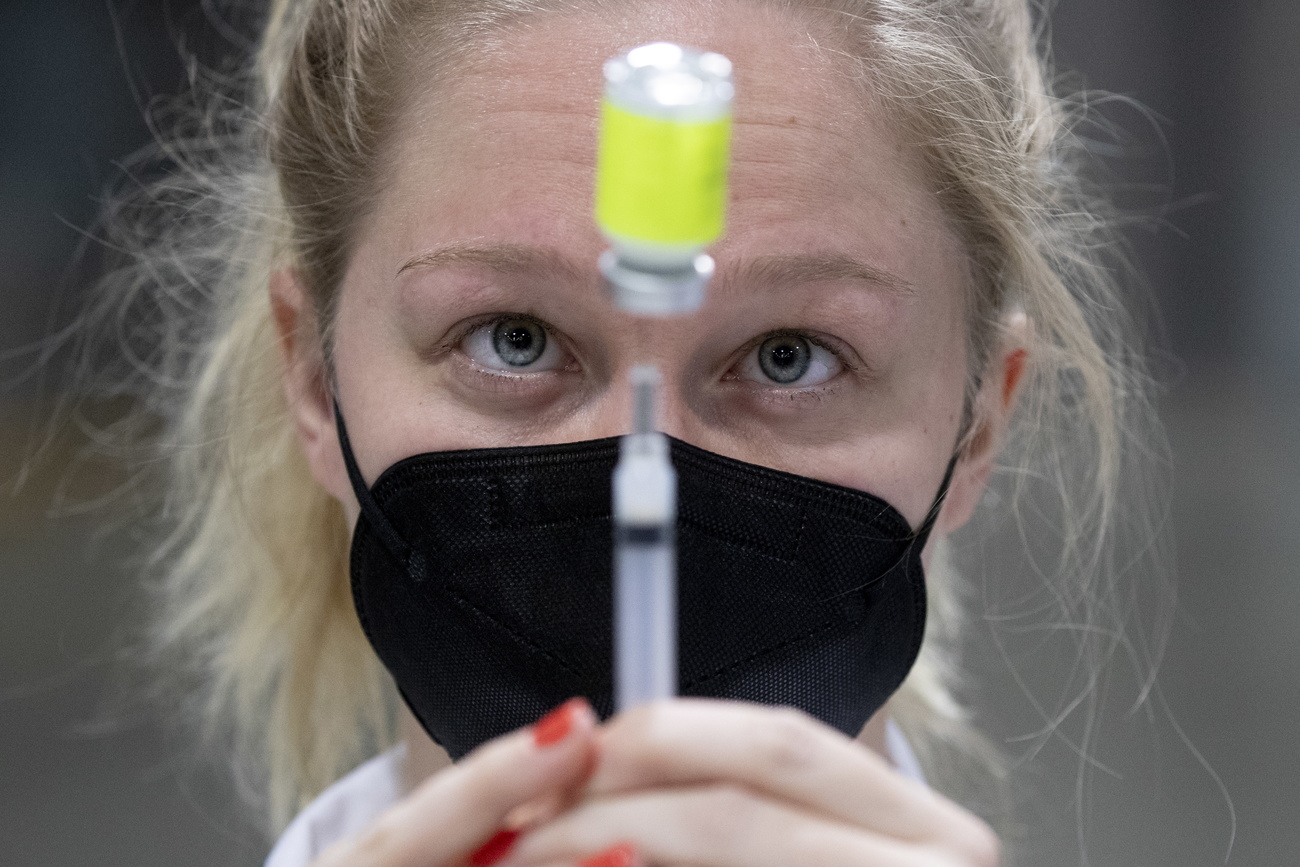
The new WTO Director-General Ngozi Okonjo-Iweala wants faster action on the rollout of a global vaccination programme. In a meeting hosted last week she presented proposals for negotiations which will continue in the coming months. She called on both countries and companies to act. The WTO meeting, which took place in Geneva, brought together NGOs, industry players, concerned countries and the World Health Organization (WHO).
The meeting comes as only 0.2% of available vaccine doses have gone to the poorest countries in the world. WHO Director-General Tedros Ghebreyesus has called the inequality of vaccination distribution a “moral outrage”, while several African countries have called it “vaccine apartheid”.
As a first step, Okonjo-Iweala suggested governments “reduce export restrictions and supply chain barriers, and work with other organisations to facilitate logistics and customs procedures”. “We are monitoring this as part of our regular work, and we’ll continue doing so to increase supplies,” she said.
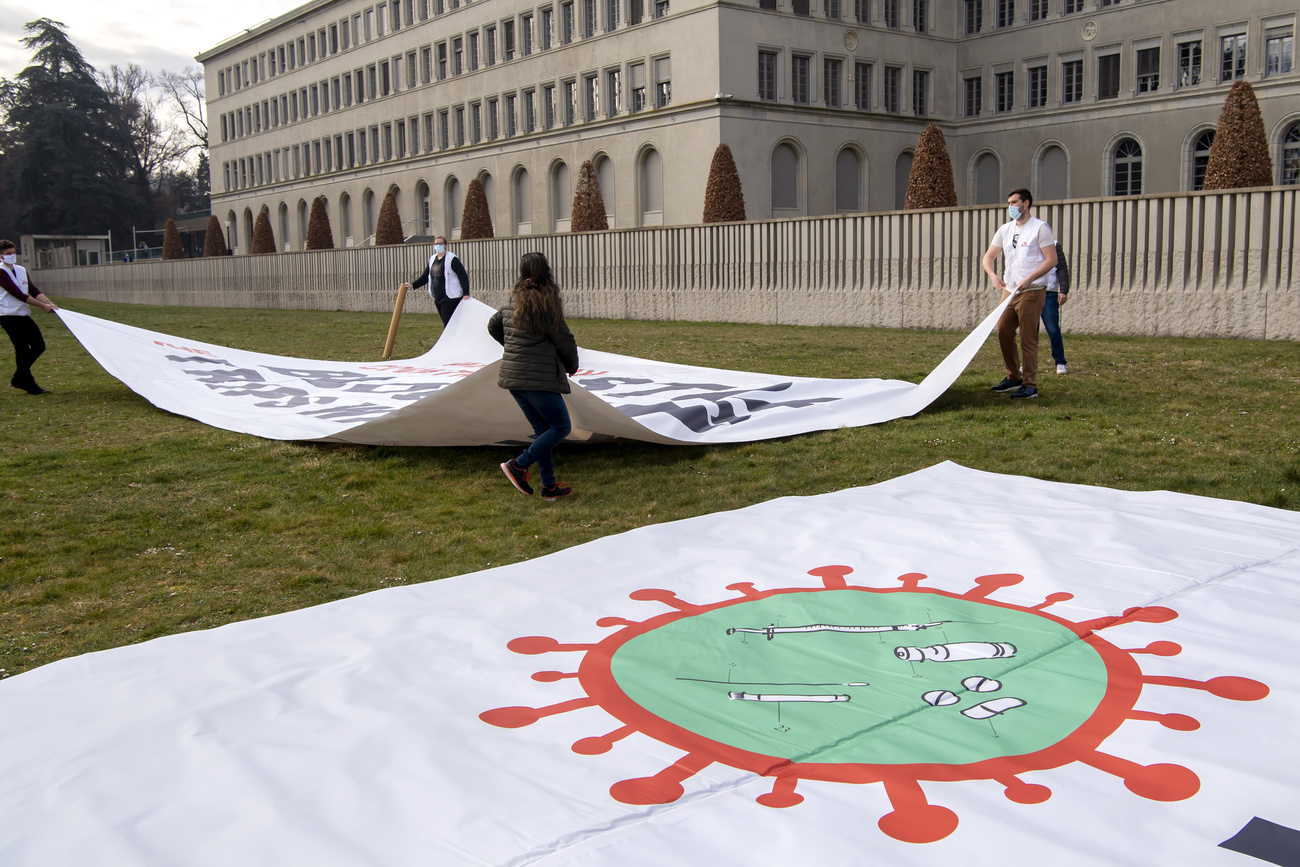
More
Vaccine patent waiver push takes centre stage in Geneva
Patent waiver?
A second pillar would be to advance negotiations on the proposal for a waiver on patents, as well as on incentives for research and innovation.
In October, India and South Africa brought an initiative to the WTO calling for a temporary waiver of patents on all products that could be useful in curbing the pandemic. As well as vaccines, this would include tests, machines, and possible treatments. If it were to be adopted, the waiver would be binding.
The idea is that laboratories around the world could have access to the technology and produce generic versions. This, in the view of the proposal’s authors, would both reduce the cost of vaccines and expand global production.
Over the past months, more than 100 countries have indicated support for the project. But richer countries including Switzerland and the US have resisted, insisting that the pandemic is not a reason to break trade rules. Although still under negotiation, this initiative is currently stalled.
“I hope that the ideas and the open dialogue heard will move us closer to an agreement,” Okonjo-Iweala told delegates at the meeting.
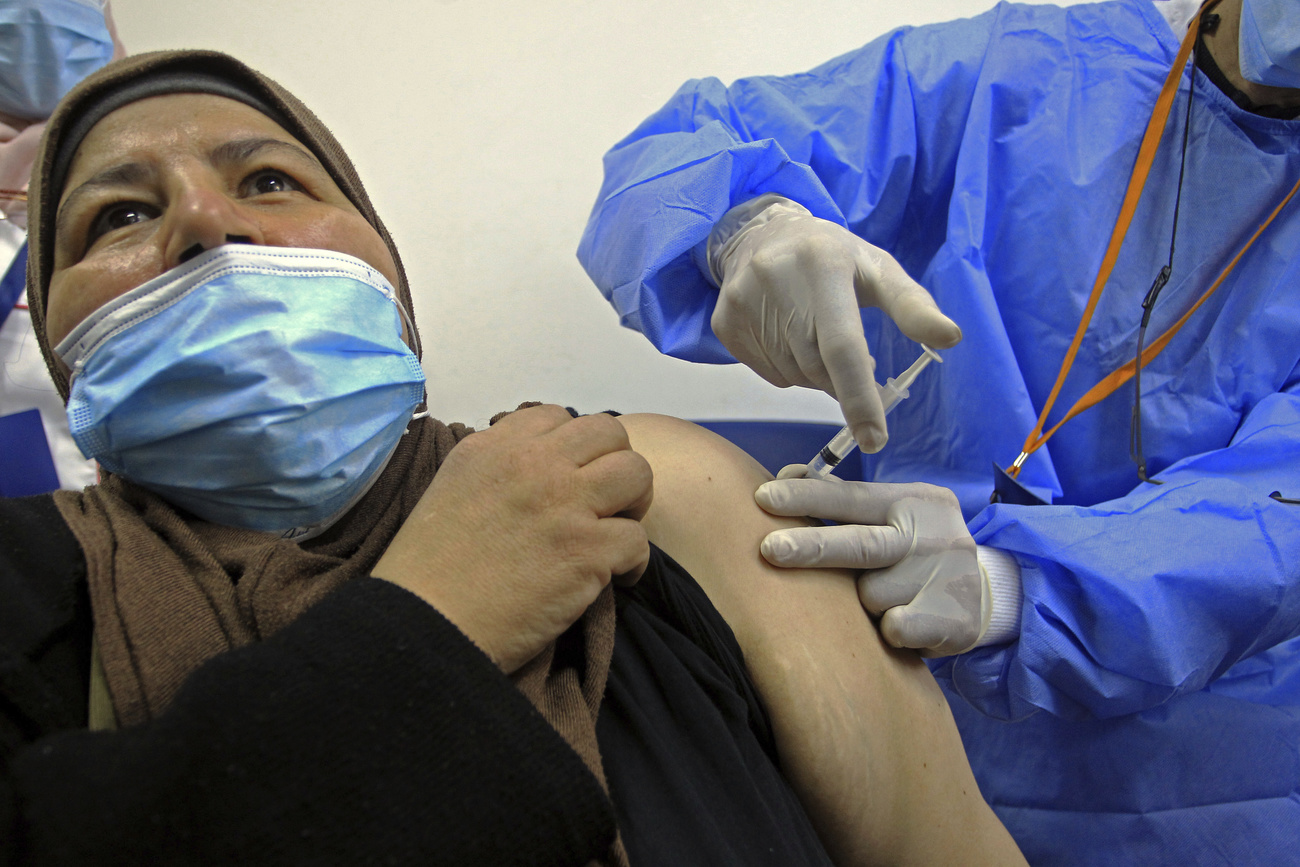
More
In the vaccine race, can COVAX help poorer countries catch up?
Calls on industry
The proposed roadmap would also include vaccine manufacturers. Okonjo-Iweala called for “concrete moves to scale up vaccine manufacturing, both short-term turnaround of existing capacities, milking whatever productivity gains we can from current facilities, and taking steps to invest”.
One of the main steps would be to increase technology and know-how transfer, she said. “We need transparency in contract agreements and product pricing,” she added.
The plan also includes a call for international organisations and financial institutions to fund existing and new production capacity.
Okonjo-Iweala’s call for a global pact was echoed by some of the main actors. US Trade Representative Katherine Tai, who was also present at the meeting, said that the gap between developed and developing countries seen previously during the AIDS crisis was “completely unacceptable”.
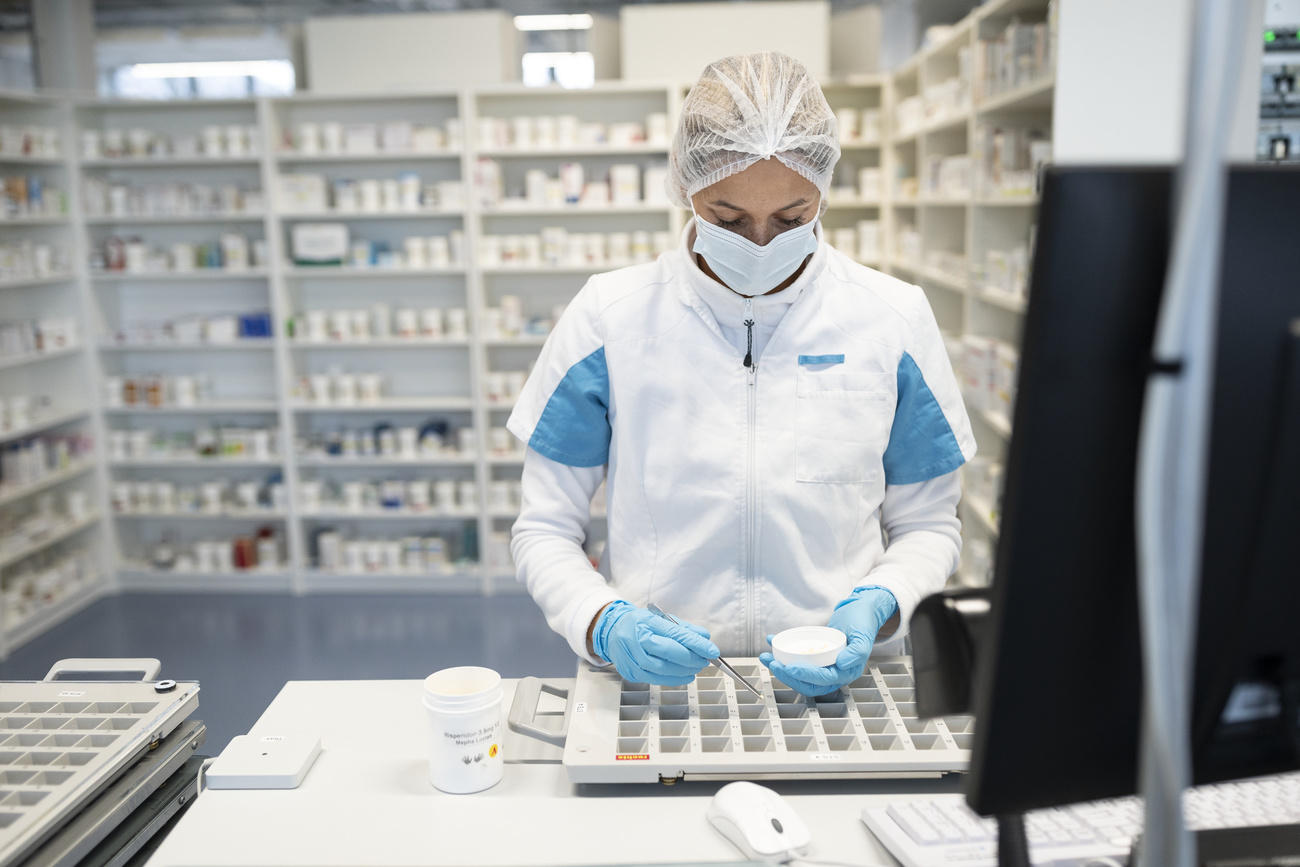
More
Fight over rights to Covid-19 drugs puts Switzerland in a tough spot
“Market failure”
Tai also caused surprise when she added that: “the market has once again failed in meeting the health needs of developing countries”.
The industry claims it is doing its part, with over 260 partnership agreements in place for production and distribution, a view that is not shared by NGOs or the WHO.
Doctors Without Borders (MSF), one of the NGOs invited, said the current “geographically-concentrated and pharmaceutical industry-controlled” production and supply system was simply not adequate, and called for the development of local capacities across the world to independently contribute to supply, especially for poorer countries.
“Global supply should not be dependent on the purely commercial prerogatives and exclusive rights of pharmaceutical companies holding the technology,” MSF concluded.
Next steps
During the meeting, pharmaceutical companies explained how they have reached agreements with governments and conducted joint clinical trials with public institutions around the world, while some claim they are selling doses of vaccines with no profit margins.
The WHO suggested this was not nearly enough. “We need to go beyond the traditional modus operandi to provide sustainable and effective solutions,” said Ghebreyesus.
“Some manufacturers have begun sharing the know-how and technologies to produce more vaccines, but only under restrictive conditions, on a very limited basis,” he added.
Negotiations are now underway on how the planned roadmap can be translated into concrete action. “In the coming weeks and months, we expect concrete follow-up,” said Okonjo-Iweala.
On April 12, the billionth Covid-19 vaccine dose was produced. According to industry predictions, the second billion will be reached by the end of May. But the question for many remains: who will receive them?

More
Coronavirus: the situation in Switzerland

In compliance with the JTI standards
More: SWI swissinfo.ch certified by the Journalism Trust Initiative








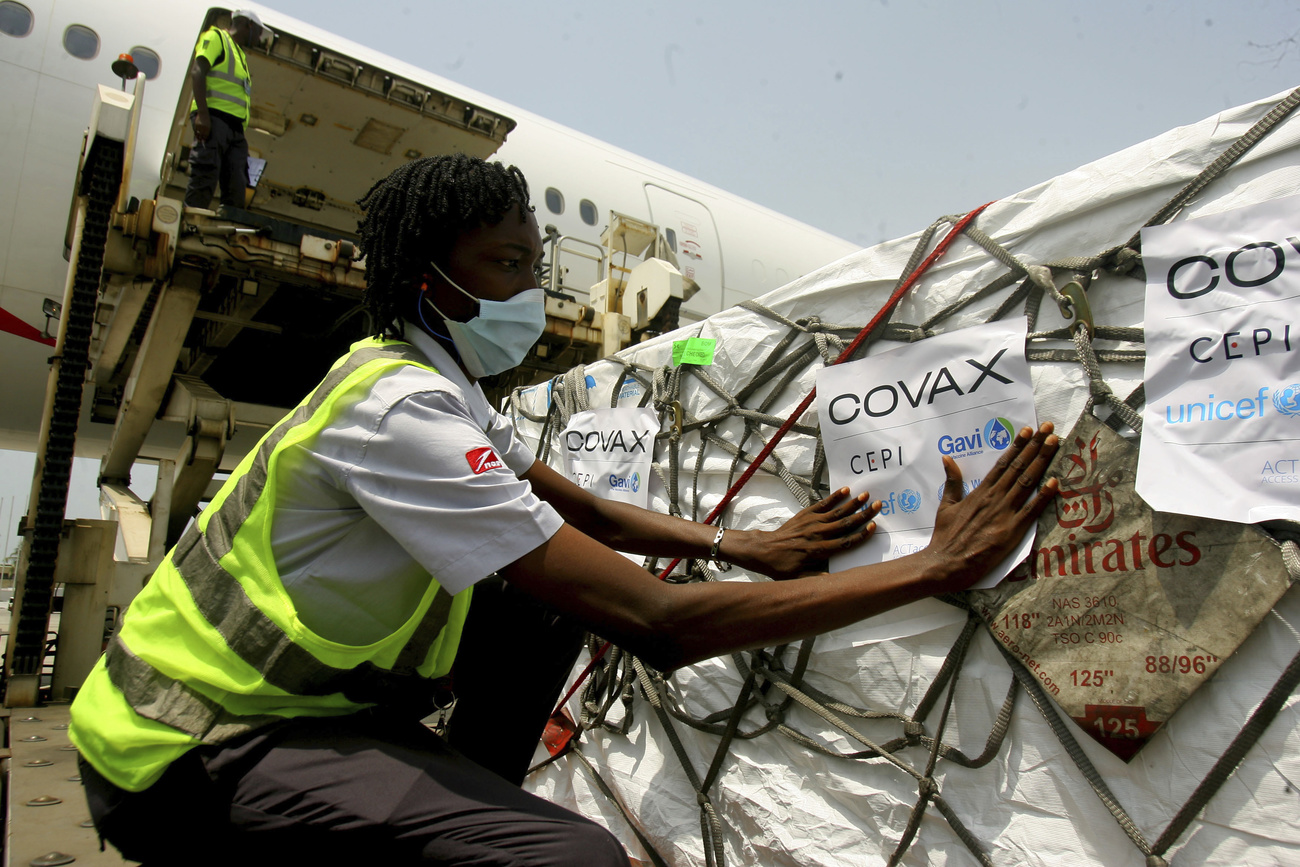
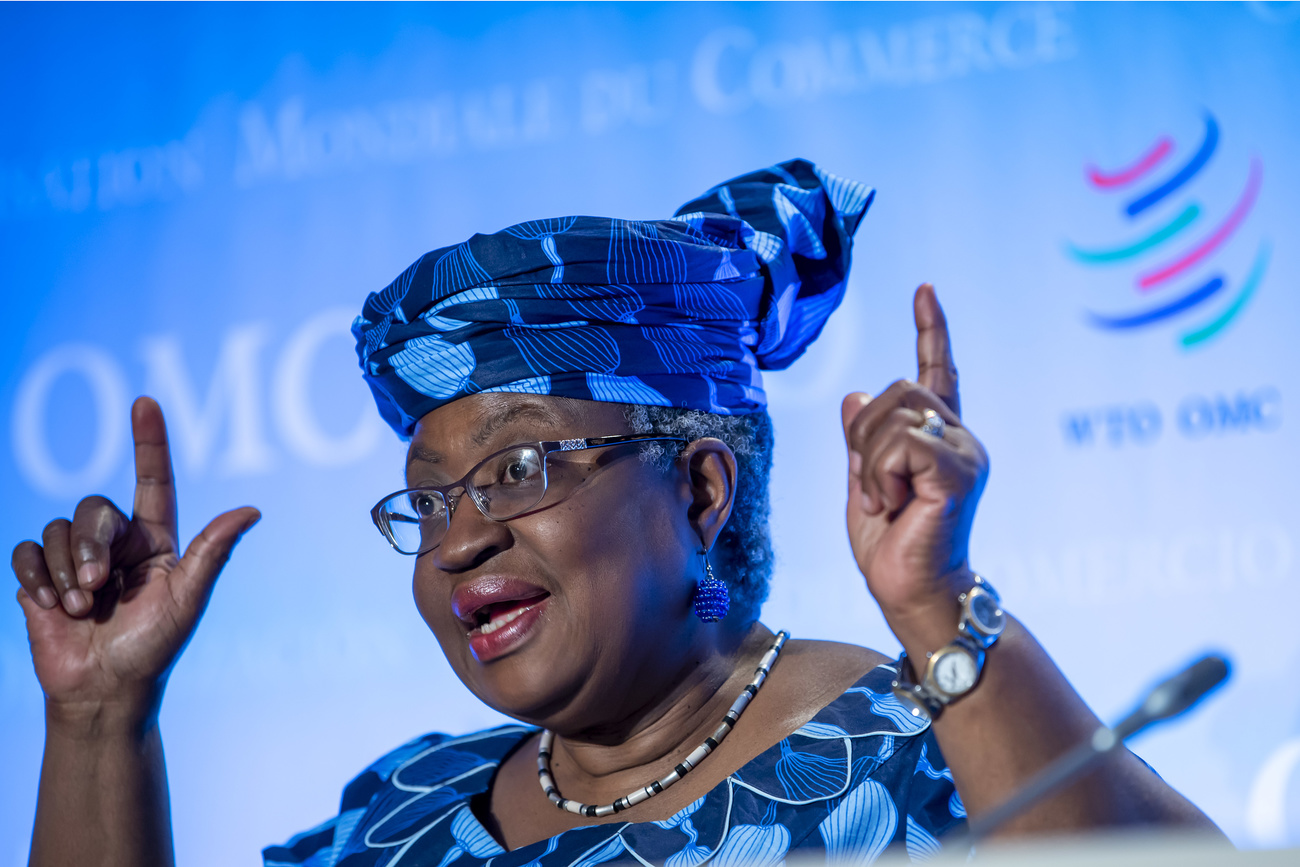
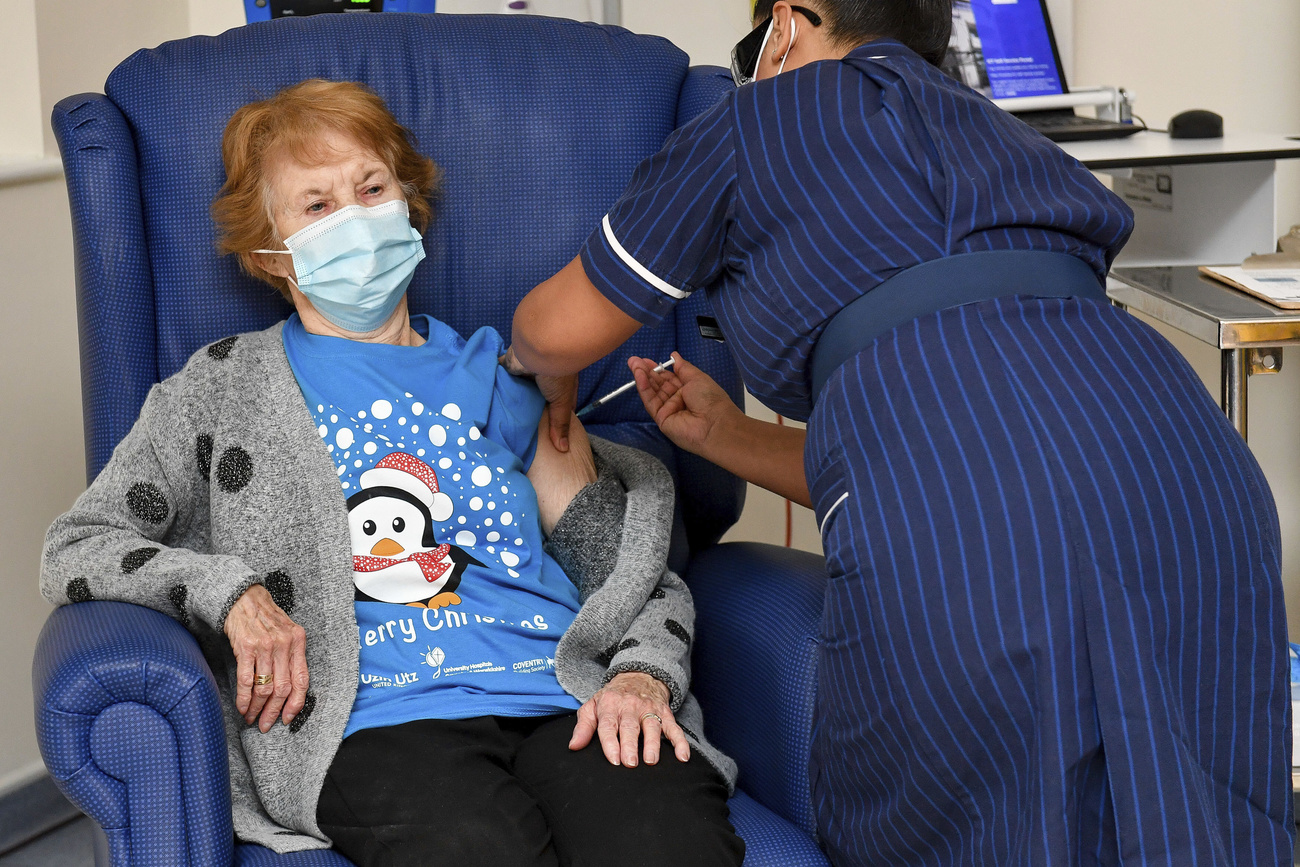
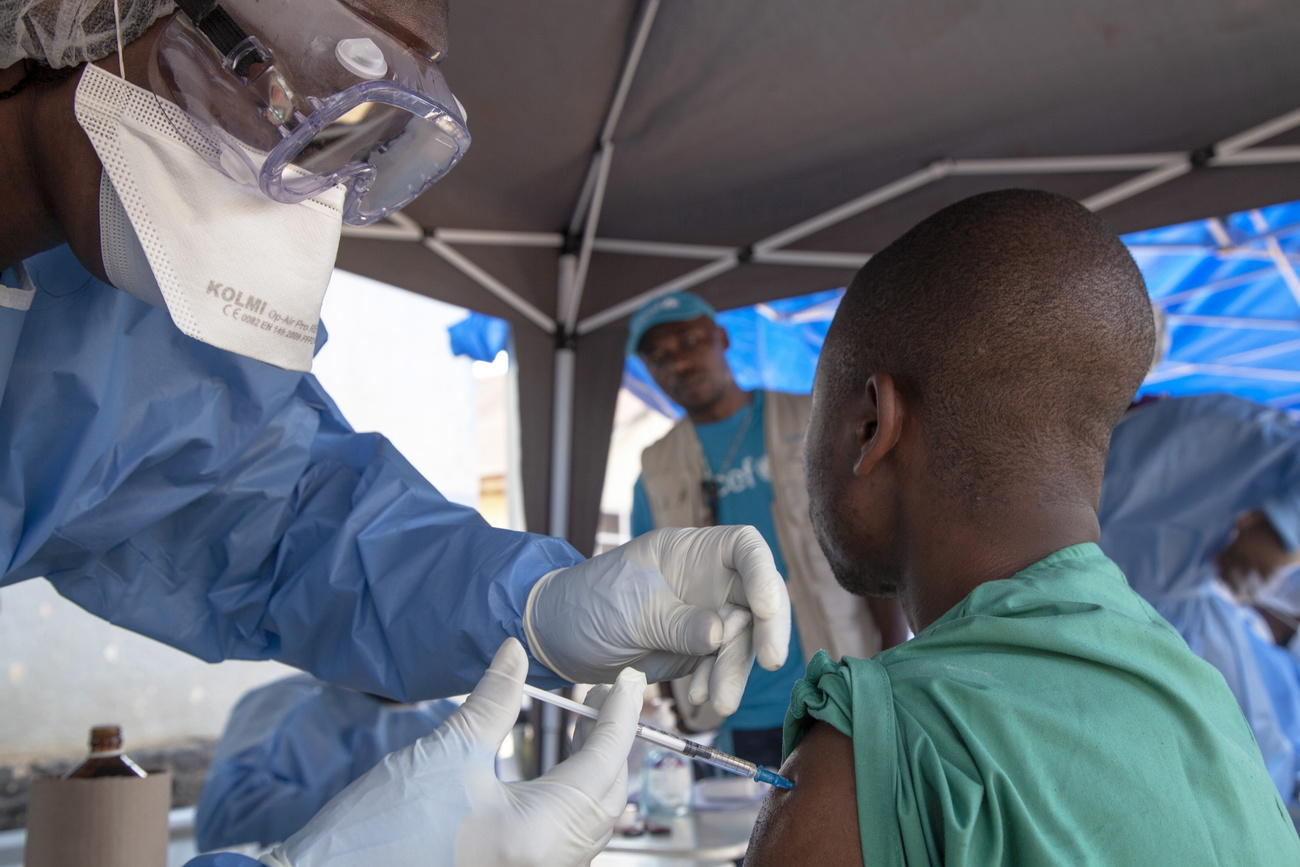
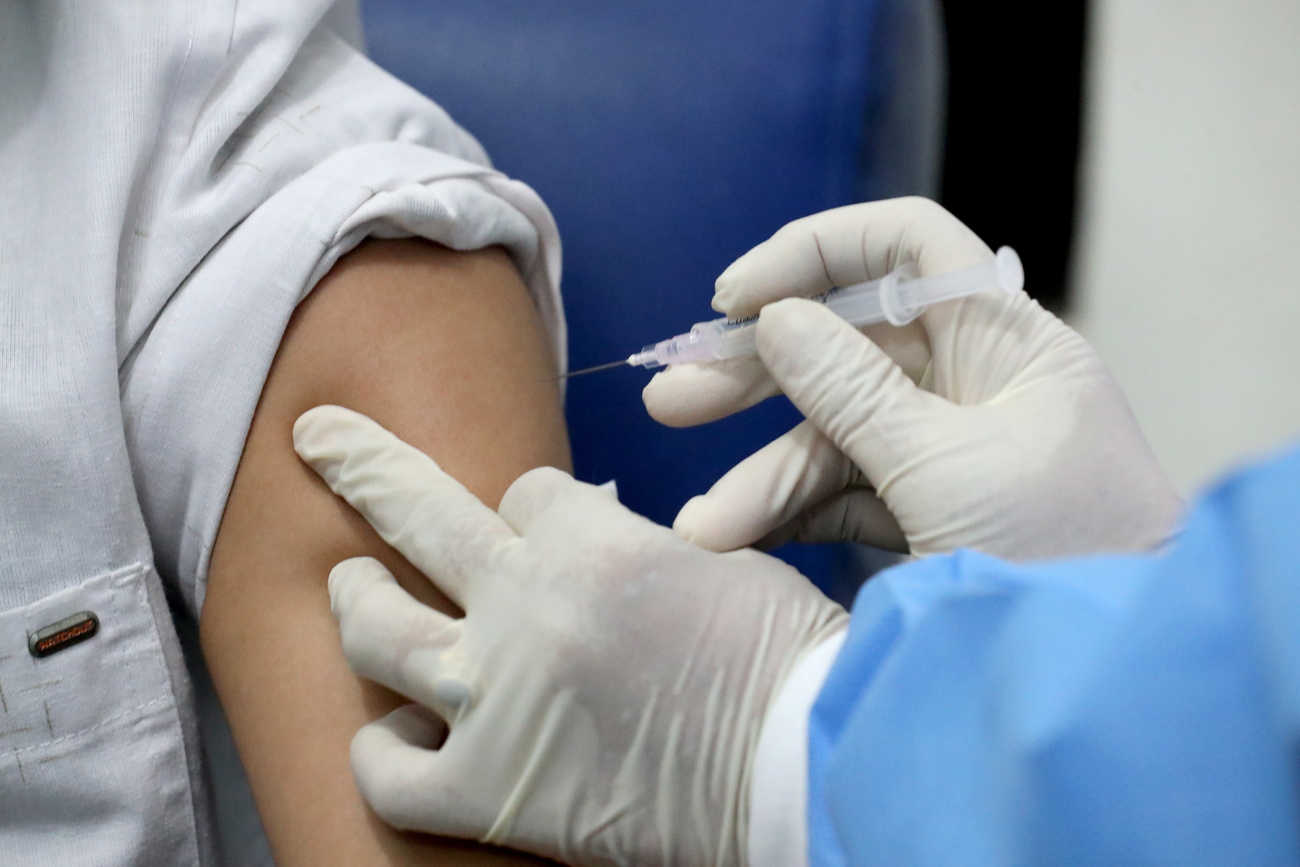
Join the conversation!